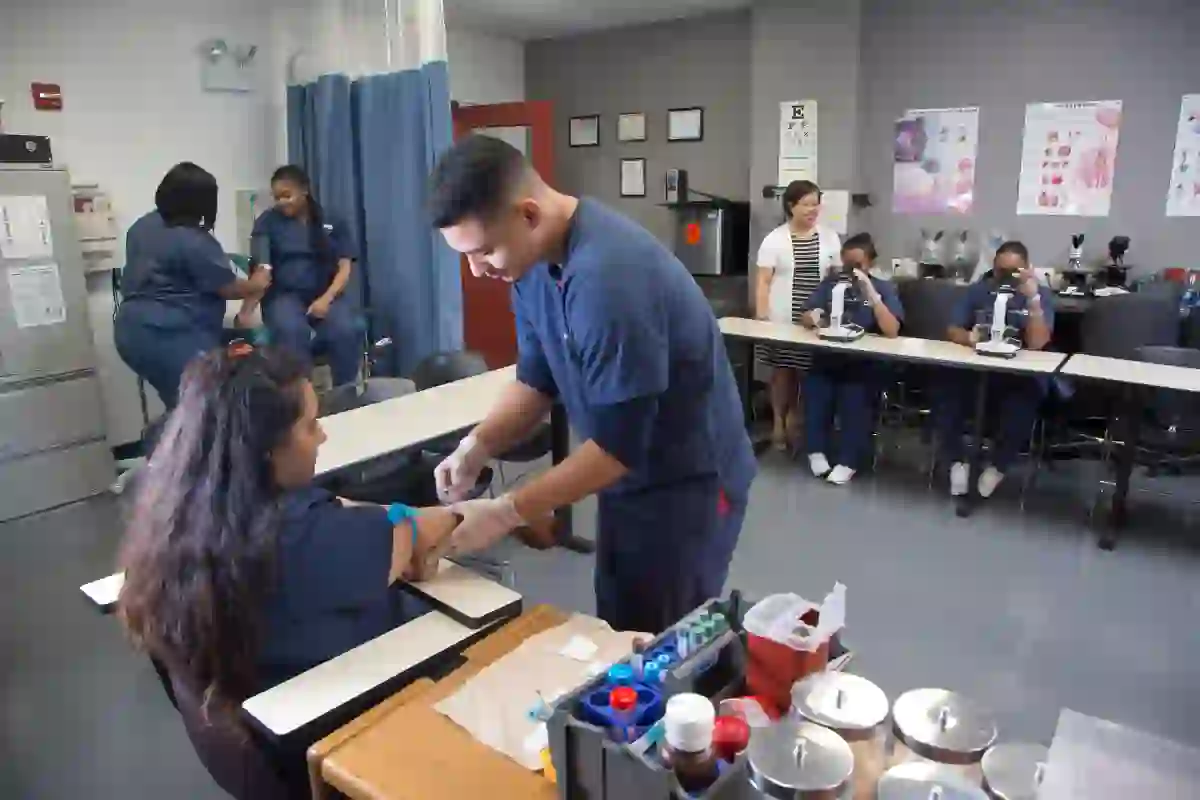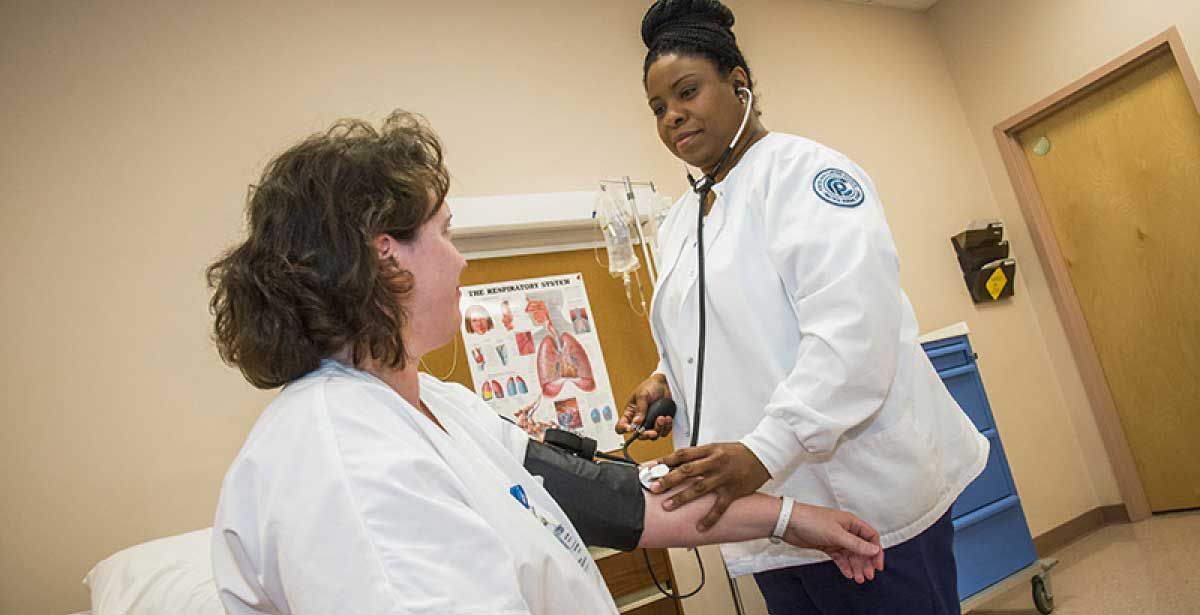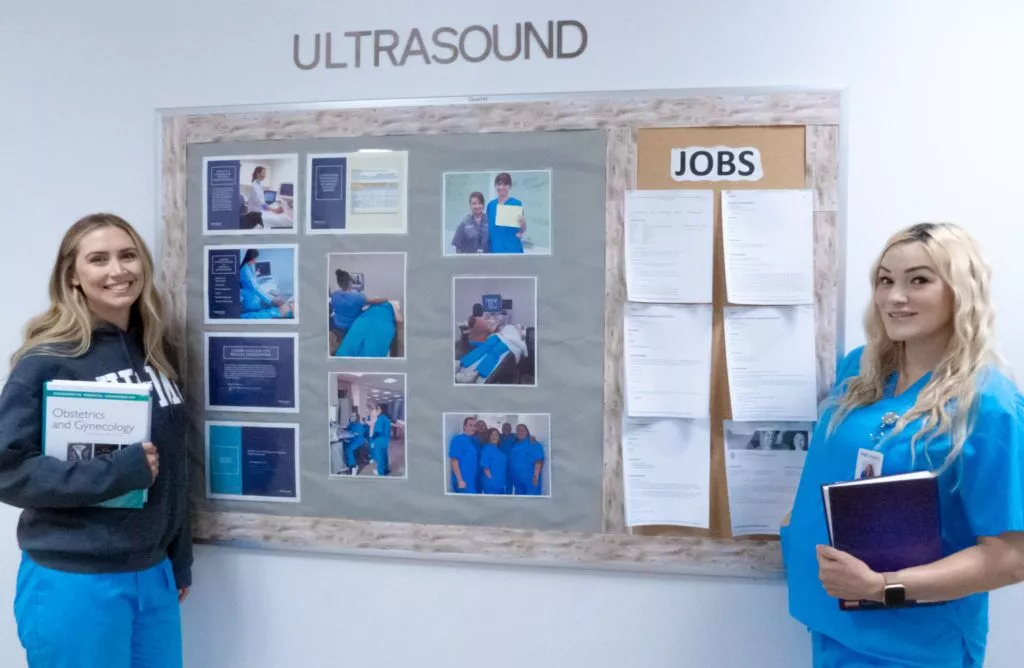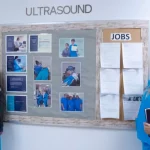People who complete medical assistant training programs are prepared to work as entry-level medical assistants. To achieve this, instructors prepare students to help during medical or surgical procedures, update patient records, take vital signs, draw blood, or gather specimens for testing. In addition, administrative duties are frequently expected of such helpers.
There are several alternatives available to aspiring medical assistants, including degree and certificate programs and online training. Each choice has unique qualities and advantages, and the one chosen will primarily depend on the student’s interests and way of life.
Classroom instruction and clinical experiences, which are gained in medical facilities, are often split up in the curriculum. However, when taking online courses, one will gain clinical experience at the specific facility where they have landed a job.
Medical Assistant Courses and Training Programs
The majority of medical assisting programs in Bay Area provide the following courses in their curricula:
Communication and Patient Care
One needs to pursue anatomy and physiology courses to give patients the best care possible and interact with doctors and other healthcare professionals efficiently. Therefore, the program may also include a brief etiology course. A student will also learn how to safely transport patients from one part of the institution to another, take their vital signs, and prepare them for exams.
Pharmacology Most medical assistant training programs include pharmacology lessons. During these sessions, students will learn about many medications, contraindications, side effects, and drug classifications. Although assistants may not prescribe or administer prescriptions, they are frequently asked to act as a liaison between doctors and pharmacists. Therefore training must include a foundational knowledge of pharmacology.
Laboratory Techniques
Almost all assistants will be required to help with laboratory procedures at some point in their careers. This may involve diagnostic tests such as saliva, urine, and blood work. Because of this, every program of instruction for medical assistants includes at least one course on laboratory techniques.
Electrocardiography and cardiopulmonary exercise
Many medical assistants are also asked to help with testing like EKGs or other heart-related diagnostic procedures. Students will learn how to help during cardiopulmonary systems and accurately record the results of such tests in the patient’s chart under the proper supervision.
Dietary needs and first aid
The majority of programs offer first aid and nutrition courses. As a result, future medical assistants will get knowledge of first aid procedures and cardiopulmonary resuscitation techniques. The curriculum also has a brief period on nutrition and dietary practices.
Also, consider the entire program cost as a whole. Don’t just grab the cheapest application you can find; thoroughly consider all the relevant factors first. There are several reasons a degree or bachelor’s program might be less expensive; they might not be certified, they might not provide all the modules you might find elsewhere, or they might not even have very modern facilities or technologies to support their online programs. So, think again before making a decision.
Find out how long it takes to complete the bachelor’s or degree program at that university, and see if there are any strategies to speed up this process. It is always advantageous to graduate with the same quality certified degree or bachelor’s certification in a shorter amount of time than from other Universities that demand more time to finish their entire program.
Ensure the program is accredited and adequately recognized by the local government or authorities and the Ministry of Education. If you want a list of authorized institutions for good reference, you can contact your state’s education department.
Create a strong network with some local medical practices so that you can always turn to them for helpful guidance. Through successful networking, you can even have the chance to connect with some possible jobs.
The students will also take classes in medical ethics and healthcare legislation in addition to the previously listed topics. Psychology, endocrinology, and theology are just a few examples of electives, which vary depending on the course type a student enrolls in.
Without question, the number of employment openings in the healthcare industry will increase during the coming ten years. As a result, students will discover that obtaining medical assistant training is a good endeavor.

















